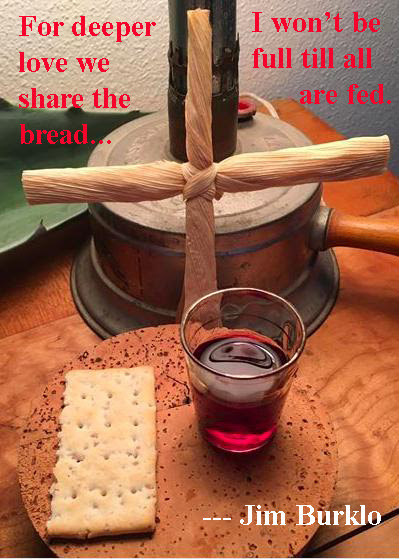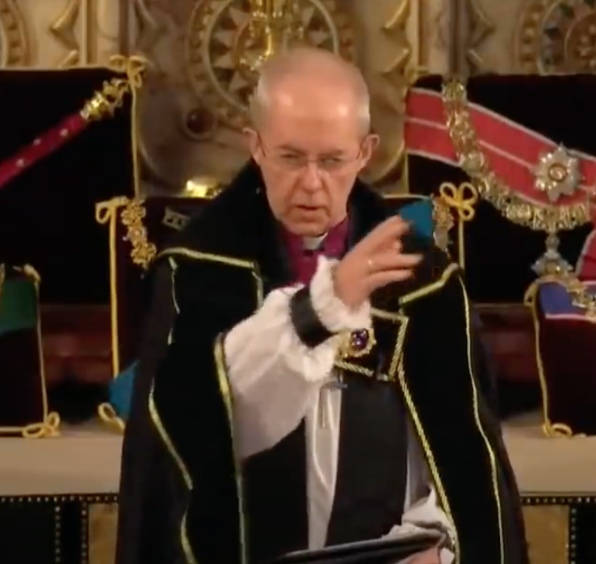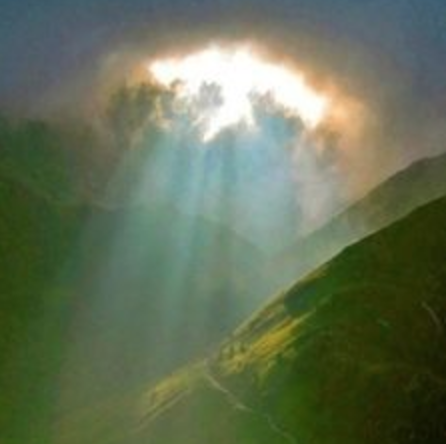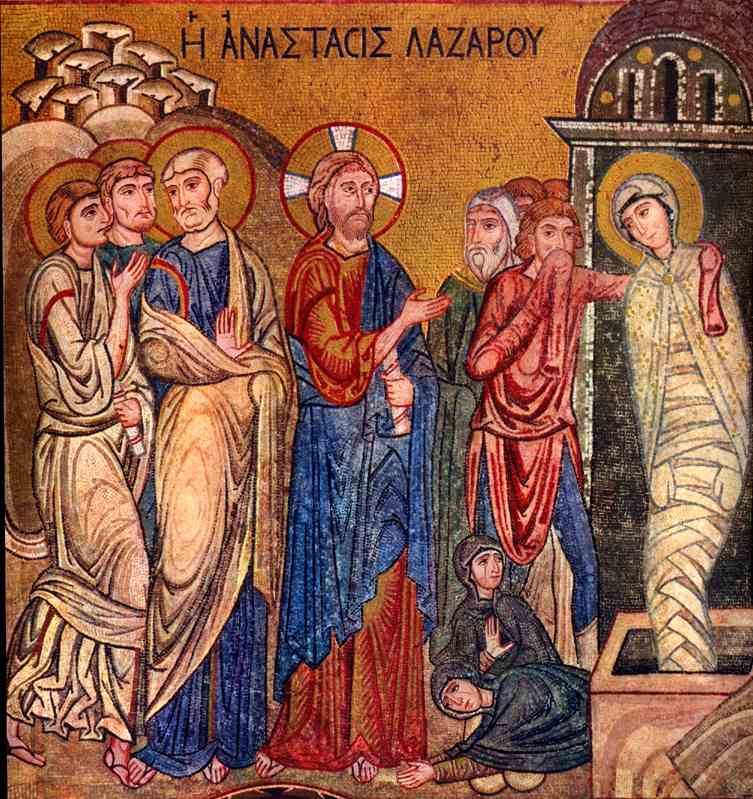These three words sum up progressive Christian theology. They represent a turning point in the evolution of human understanding of Ultimate Reality. The Bible starts with Superman-In-The-Sky and ends with agape – unconditional love - as the identity of the Divine.
When asked in later years how I received my calling to ordained ministry, I used to joke that the burning bush for me was an incinerated draft card. But with a last name like ‘Bennison,’ (an old English word for ‘blessing,’ or ‘benediction)’ and the first name John (from the Greek"Ἰωάννης" or Hebrew "Yôḥānān" meaning ‘graced by God)’ what else was I to do with my life?
Reinhold Niebuhr's brother, H. Richard, argued for faithfulness to the example of Jesus's nonviolence, while Reinhold believed this was naive and unrealistic in an imperfect world. H. Richard was the purist to the Christian faith, believing that following the Golden Rule, no matter the consequences, is what Jesus and God called us to do -- the success of the mission being in God's hands rather than our own. Reinhold, however, looked at the more practical side of things, substituting his or the world's idea of what was possible and changing his ethics accordingly. H. Richard thus trusted more in the providential moral arc of history as M.L. King, Jr. , would call it rather than a realist's version of what humans believe is attainable given their corrupt nature. In essence, H. Richard focused on the power of God's grace to transform our spirits and the world for the better, while Reinhold accepted a more cynical view of our ability to be radically changed as a specie.
The Gift of Mortality
Avowed atheist Susan Jacoby recently created a dust up with a recent article in the New York Times Sunday Review entitled, “The Blessings of Atheism.” She wrote in response to all the god-talk that appeared in the immediate aftermath of the Newtown massacre; with all those unanswerable questions or inadequate answers to human suffering and death so often peddled in popular religious belief. So too, not long ago author and “non-believer,” Christopher Hitchen’s posthumously published his little book Mortality; recounting his rambling thoughts on his own imminent demise; after a terminal diagnosis left him a sufficient number of days to find himself “deported from the country of the well across the stark frontier that marks off the land of malady.” But what, or where to, after that? What if this really is all there is? It seems there has always been the human hankering to imagine all kinds of fanciful notions, in our attempts to recapitulate our mortal existence into something more than it is. Many religious traditions, including centuries of “mainline” orthodox Christianity, employ great mythic stories to describe a life subsumed into something greater than we can either know, or grasp, except by “faith.” Heaven knows, some folks try to better themselves, merely in the hope of a remote possibility there something more, after our death, which is a certainty. But in the end, is it all dust and ashes? And is that OK? This is the liturgical time of year when many in the Christian tradition undergo a seasonal pilgrimage in which the faithful are reminded at the onset we mortals are nothing more than dust. And so we will one day return to that from whence we came. Then the traditional forty days end with the perennial re-enactment of a passion play commemorating the mortal demise of the one whom Christians even these many centuries later would profess to follow. Many do so in the hope of some kind of immortality for themselves in some indecipherable form or other; attributing to Jesus a “resurrection” that means the same thing to them as god-like immortality; while others of us may find such imaginings to be not only reasonably implausible, but of less importance than what we take to be of greater significance and meaning in this faith tradition. Otherwise, the vainglorious hope of immortality can become so enshrouded in our mortal fears that we become – like Lazarus in his early grave – so wrapped up in death that we fail to truly acknowledge and appreciate the gift of our mortality for what it is; nothing more, nor less. With the certain assurance then that we are but dust and ash, we can ask ourselves if the gift of our mortality is not only enough, but more than enough? And if so, as the psalmist says, how then shall we “number our days, that we may apply our hearts to wisdom?” (Psalm 90:12)












